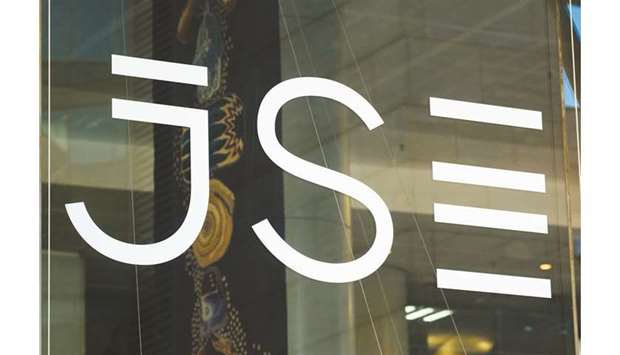South Africa’s rand and bonds rose after the country clung to its last investment-grade credit rating.
The currency gained 1.7% to 14.7853 per dollar by 11.37am in Johannesburg, the most on a closing basis in more than three weeks, and paring its loss since the end of June to 4.7%. The yield on rand-denominated government bonds fell the most since early 2018 and stocks advanced.
Moody’s Investors Service on Friday held back from downgrading the government’s debt to junk, although it did lower the outlook to negative. This came even after the country released budget forecasts last week that showed its financial situation deteriorating rapidly.
Moody’s kept the nation’s foreign- and local-currency readings at Baa3, one step above speculative grade. South Africa is already rated junk by S&P Global Ratings and Fitch Ratings, both of which shifted to non-investment grade in 2017.
The yield on bonds due December 2026 declined 15 basis points to 8.41% and the FTSE/JSE Africa All Share Index climbed 0.2%, with banking stocks among the biggest contributors to the move. The rand’s one-week implied volatility versus the dollar dropped 288 basis points to 12.9%, indicating that options traders are expecting price swings to moderate.
If Moody’s does cut, South Africa will be excluded for the FTSE World Government Bond Index. That would trigger outflows of as much as $15bn from the rand-bond market, according to Bank of New York Mellon Corp, at a time when the nation needs portfolio investment to finance its current-account deficit, one of the largest among major emerging markets.
A downgrade would also raise borrowing costs and make it tougher for the government to balance the budget.
Bank of America Corp expects a downgrade after a budget statement in February, though it says outflows from funds tracking the WGBI may total just $1.5bn.
South Africa’s Finance Minister Tito Mboweni responded to the Moody’s announcement by saying the country needed tough reforms to fix its fiscal problems and debt-laden state companies such as Eskom Holdings SOC Ltd.
“It is now or never,” he said. “Government, labour, business and civil society, we need each other more than ever before.”
The country is spending 138bn rand ($9.2bn) to bail out Eskom, the power utility that is saddled with 450bn rand of debt. Regular blackouts caused economic output to contract the most in a decade in the first quarter and prompted the Treasury to slash its growth forecast for this year to 0.5%.
“South Africa has been a car crash in slow motion,” Cristian Maggio, London-based head of emerging-market strategy at TD Securities, said ahead of the market open. “We’re still at a point where that car has not hit that wall, but you can definitely see that’s where they’re going.”
Still, Moody’s decision to change South Africa’s outlook but not its rating was what most participants in a Bloomberg survey expected.

A logo sits on a glass door in the Johannesburg Stock Exchange (JSE) in the Sandton district of Johannesburg, South Africa (file). Moody’s Investors Service on Friday held back from downgrading the government’s debt to junk, although it did lower the outlook to negative.
